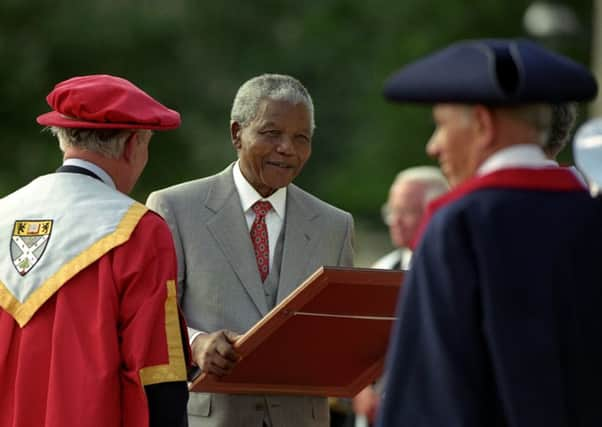Why Glasgow should have a statue of Nelson Mandela – leader comment


When Nelson Mandela died in 2013, a nation once viciously divided along racial lines was, almost, united in grief.
To many South Africans, he was known by his clan name Madiba, a sign of affection and respect for someone who spent 27 years in prison under the apartheid regime, but emerged to become the country’s first democratically elected president and lead a process of reconciliation in one of the greatest acts of forgiveness in history.
Advertisement
Hide AdAdvertisement
Hide AdBacking a campaign to build a statue of Mandela in Glasgow, former Aberdeen and Manchester United manager Alex Ferguson said he was “special, an example for the world to follow”.
Glasgow was an early follower, giving Mandela the freedom of the city in 1981 and renaming St George’s Place, home to the South African consulate, as Nelson Mandela Place in 1986.
In 1993, Mandela visited to express his deep gratitude that a city 6,000 miles away “refused to accept the legitimacy of the apartheid system and declared us to be free”.
A statue would be a fitting tribute to both Mandela and the international solidarity between those on the right side of history.